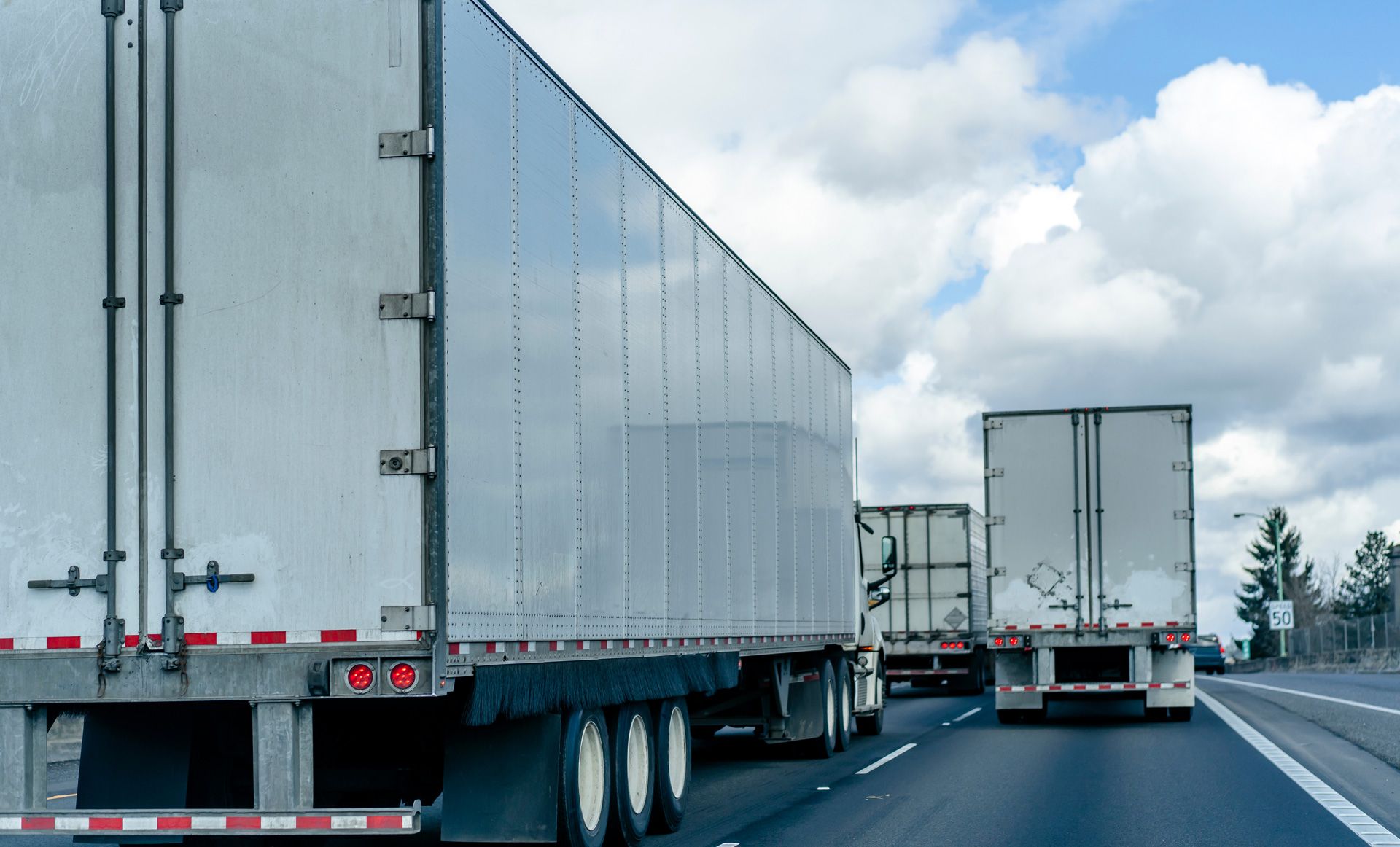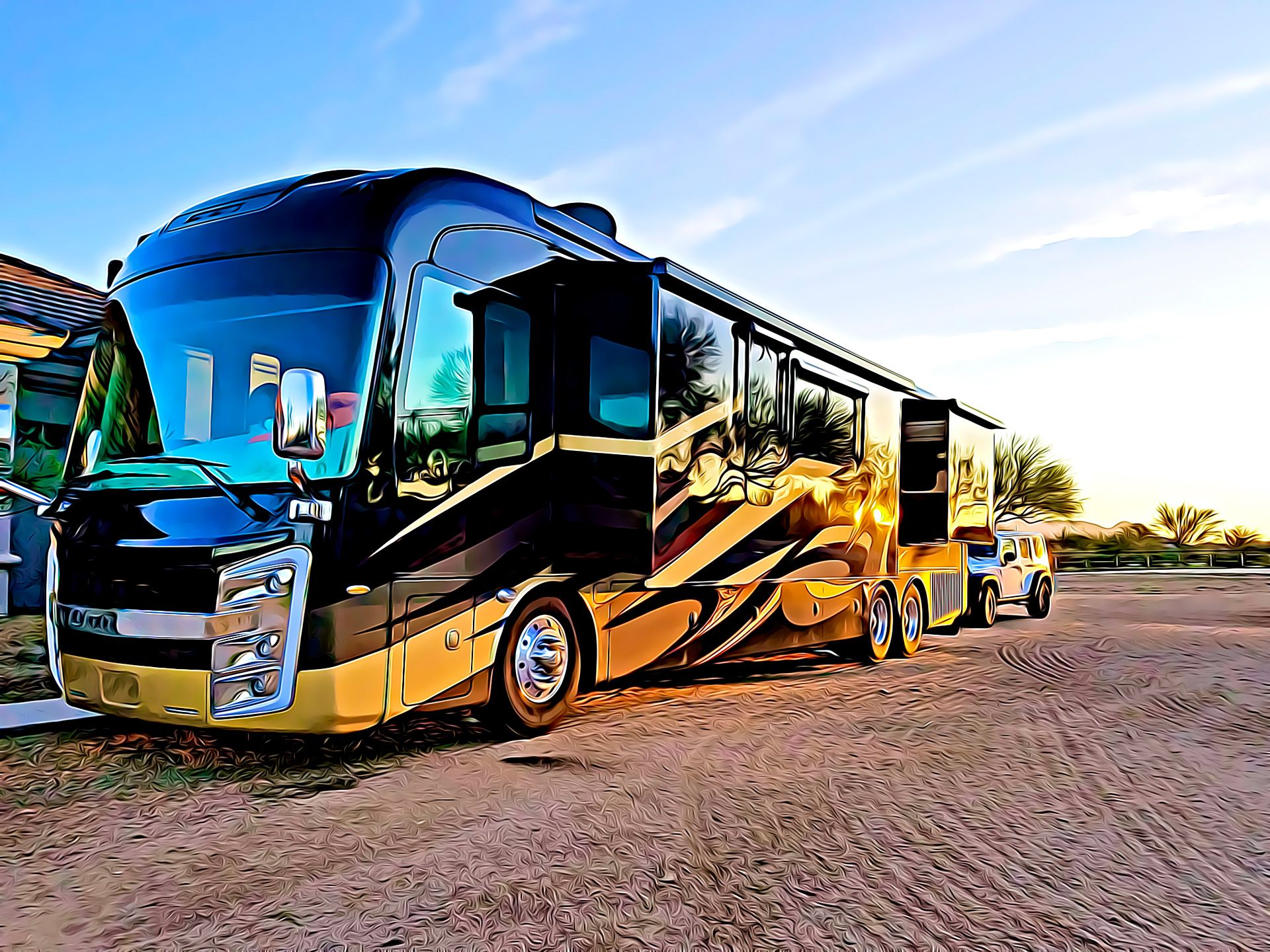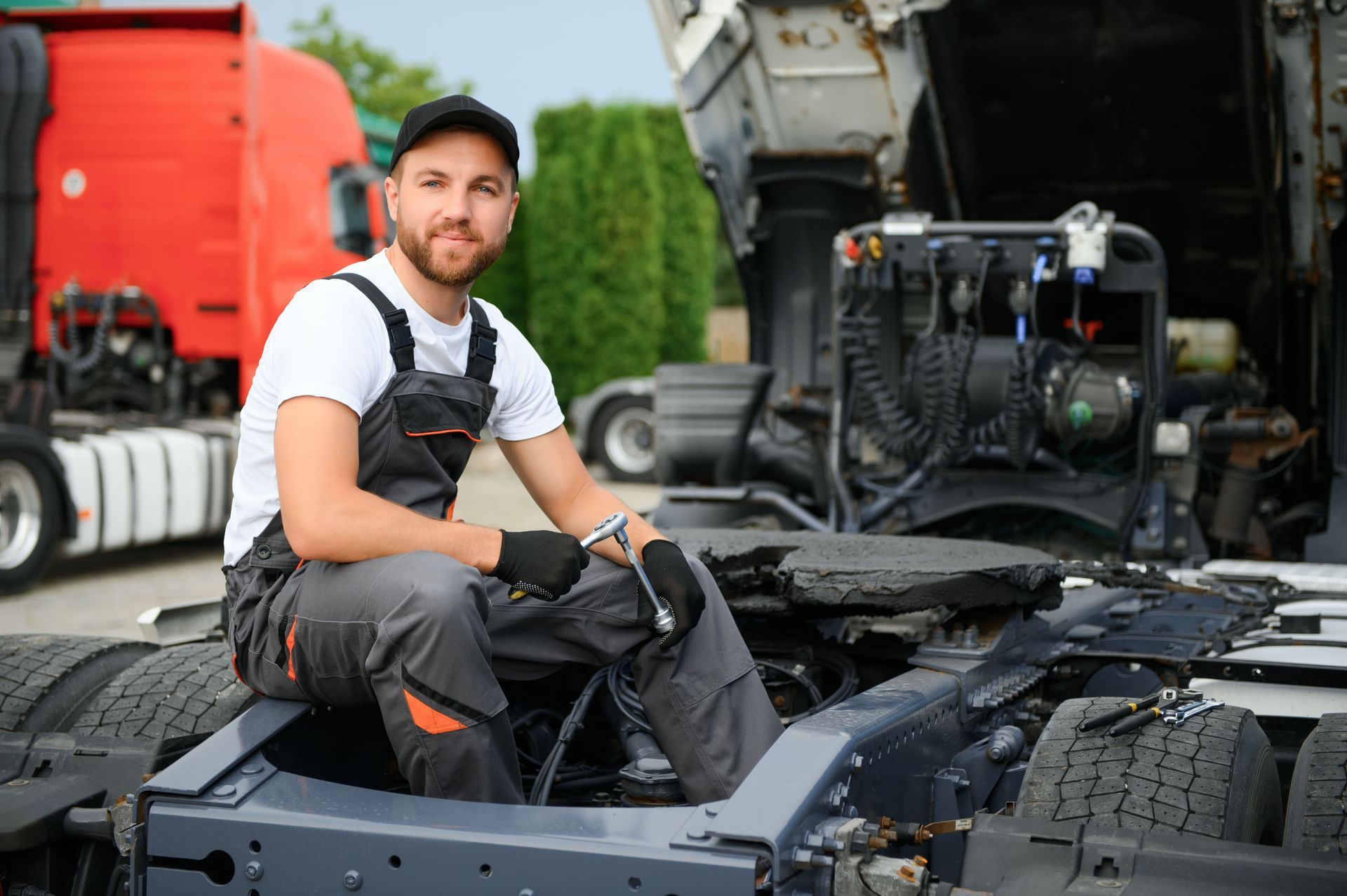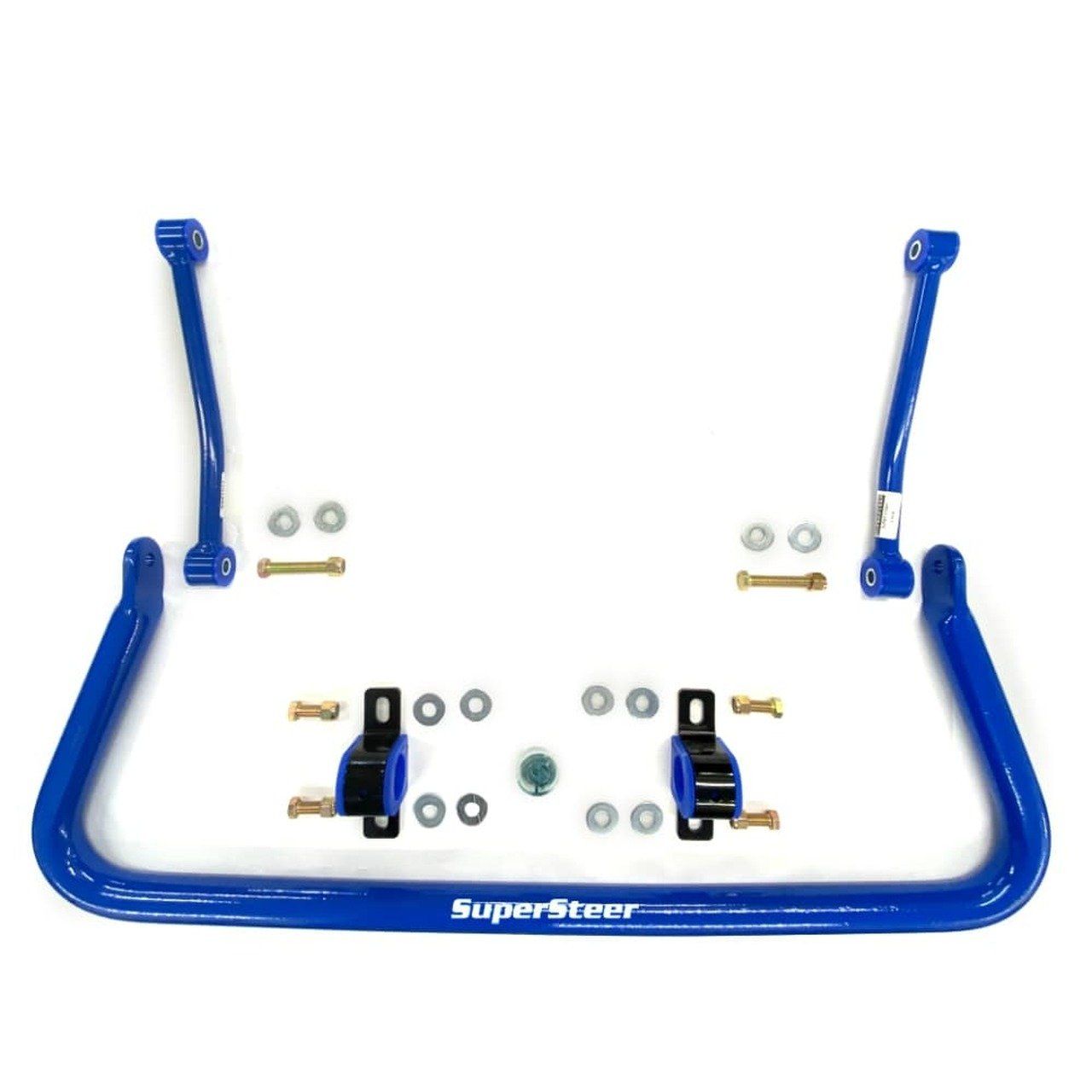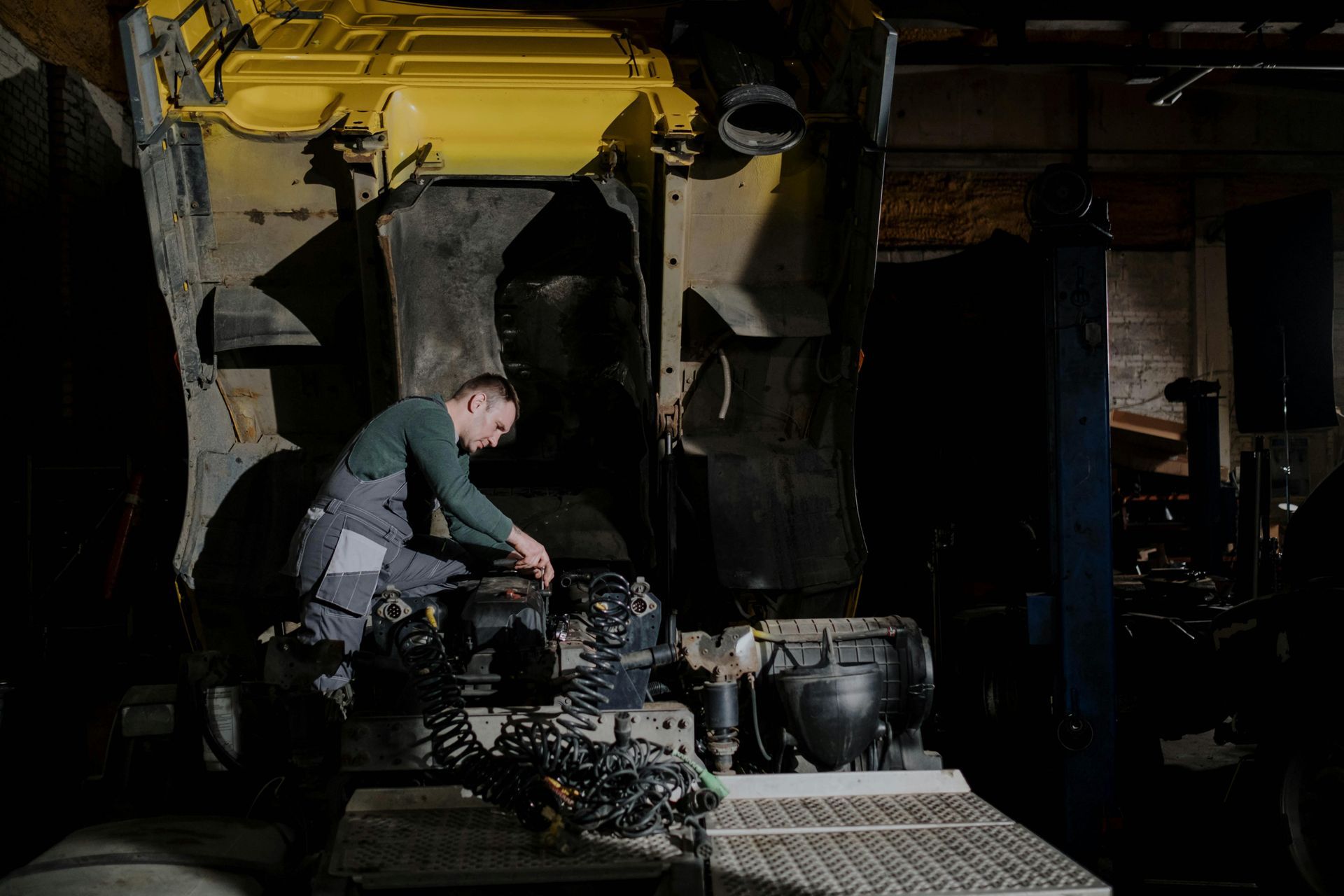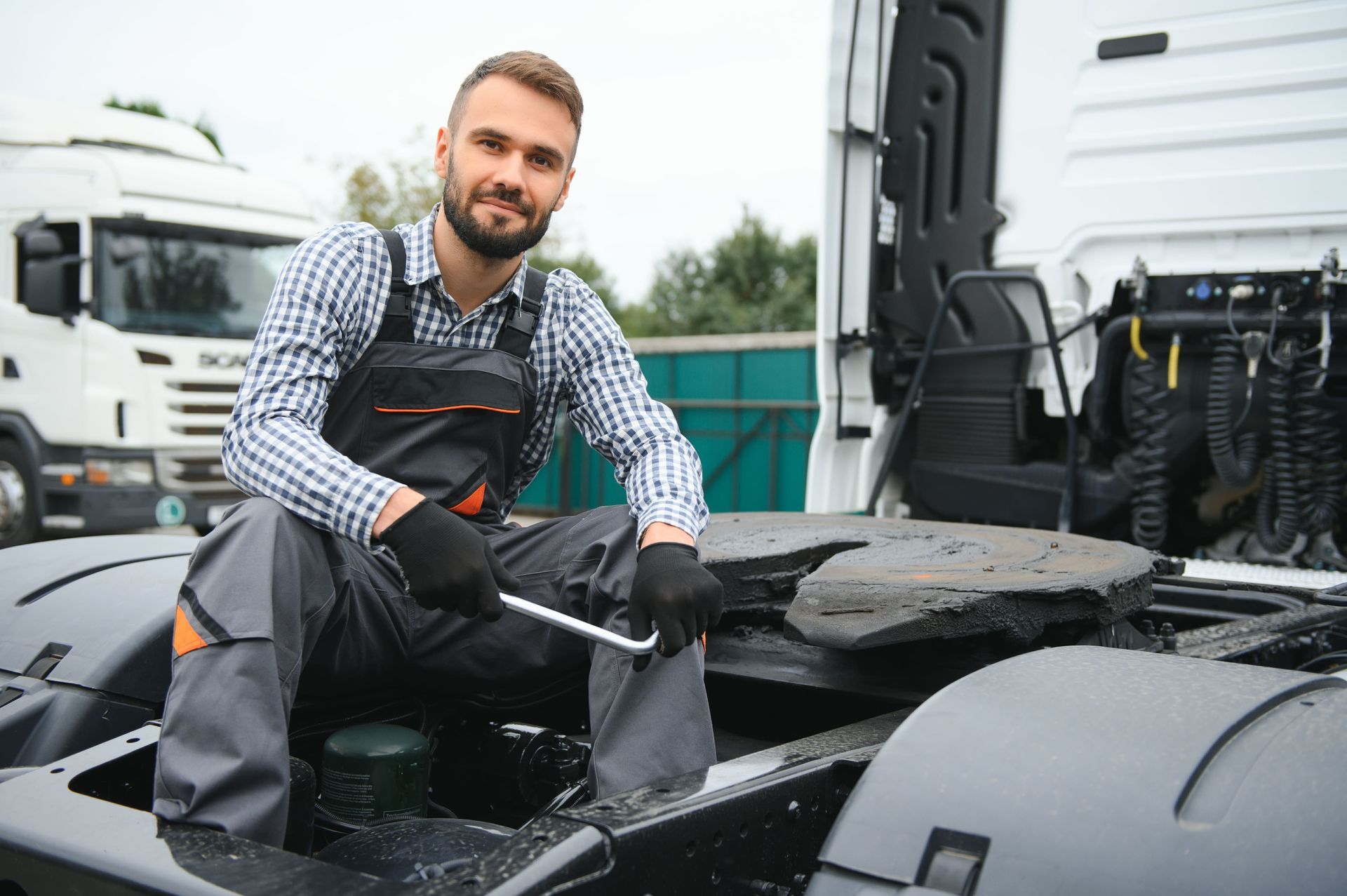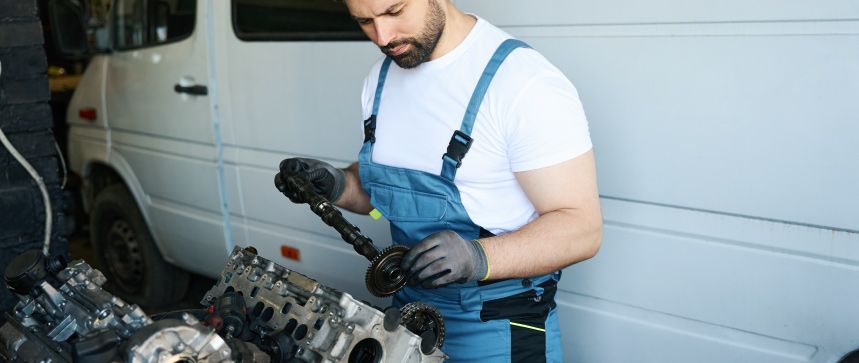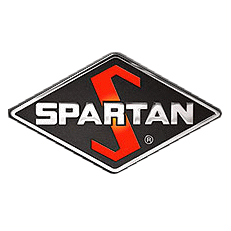Everything You Should Know About Proper Trailer Service and Maintenance
Everything You Should Know About Proper Trailer Service and Maintenance
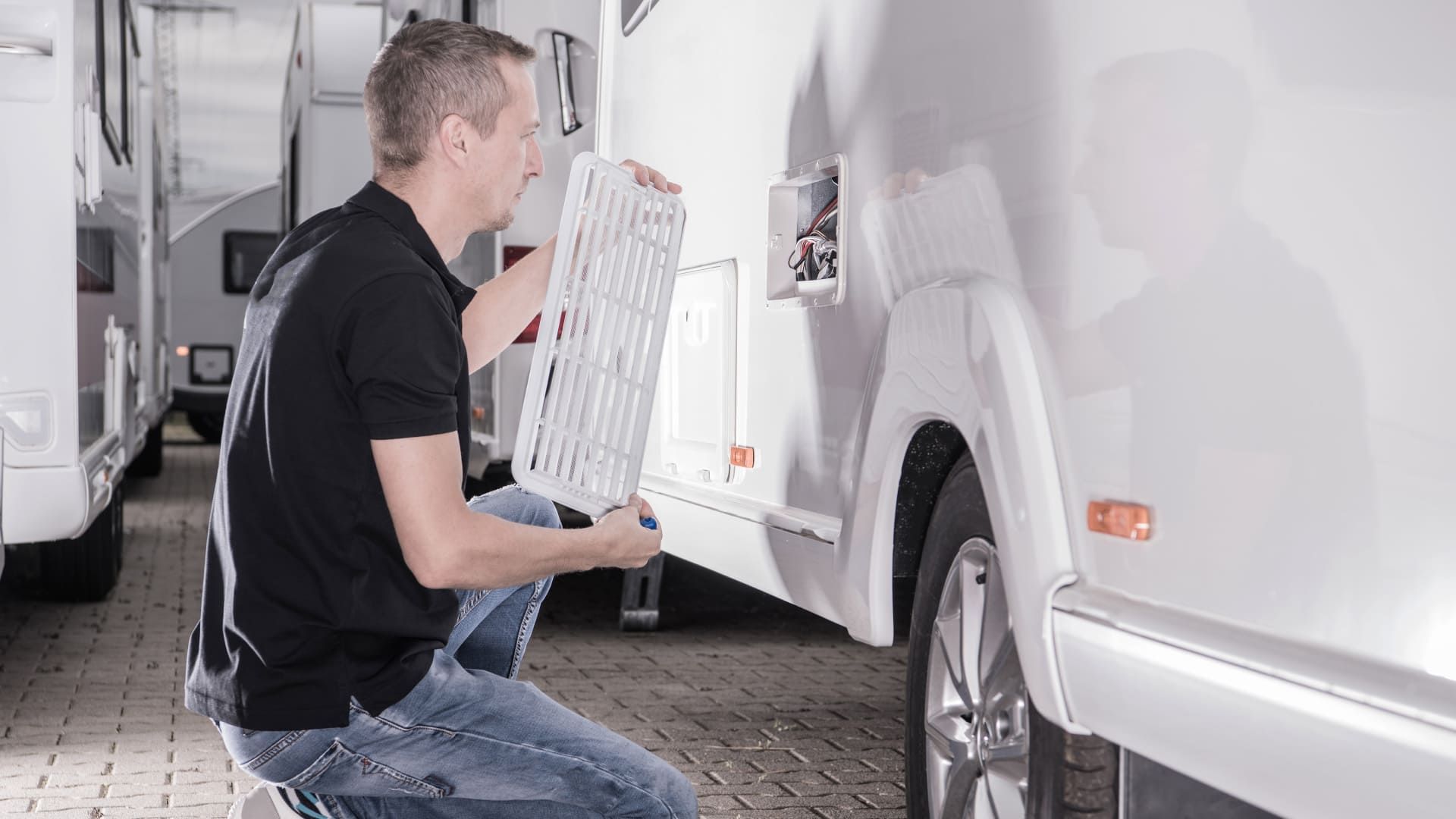
When doing trucking and hauling, it's easy to focus on the repair and maintenance of your truck - but you can't ignore your trailer either! Proper trailer service and upkeep are just as important for completing jobs on time and seeing your loads delivered safely.
Mainline RV & Truck Service are your Ohio specialists for commercial truck and trailer service, with a long history of stellar service for truckers in the area. We have everything you need to keep your trailer in great shape! We're also here to help with plenty of advice, particularly for new owner-operators. So, in this guide, we'll be going over proper trailer service and maintenance: why it's important, what to do, and what to look out for.
So, let's get started.
I. The Importance of Proper Trailer Maintenance
Trailers, especially basic trailers, can sometimes seem like they take care of themselves. At first glance, it's just a big box on wheels. However, there's more that can go wrong than newcomers might realize:
- Damaged or flat tires
- Issues with the brake system
- Suspension problems
- Electronics and wiring breaking down
- Ventilation failures interfering with climate control
If your trailer isn't properly maintained, you could be looking at numerous problems. If the wheels, suspension, or brakes go out on the road, that's going to force a trip to a trailer repair shop - losing a lot of time. Of course, that's assuming the problems don't cause a crash, which would be even worse. Or if your wiring fails, you could be pulled over by the police for broken lighting.
Plus, if you have a specialty trailer, like a reefer, there's even more that can go wrong. The last thing you'd want is for the refrigeration system to go out on the road!
In short, it's vital to pay close attention to the condition of your trailer. You should be keeping up with maintenance, and doing inspections before and after every job, to ensure the trailer is always in good condition.
Must-Dos When Inspecting Your Trailer, Inside and Out
So, what are the most important areas to focus on when inspecting your trailer? You should be inspecting both the exterior and the interior on a regular basis. Here's what to look for.
II. Exterior Inspection
1 - The Hitch and Coupler
For starters, there's the hitch and coupler, which ensure your trailer is properly connected to your truck. These are built to withstand a lot of stress, but they can still fail, especially in older vehicles. You should focus on:
- Checking regularly for any signs of cracking or other damage. Always have your trailer hitch repaired ASAP if you see cracks - you never know when it could fail.
- Verify the locking mechanism is functioning properly.
- Periodically add lubrication to all of the moving parts, to prevent unnecessary wear and tear while on the road.
- Ensure the connection for the electronics and wiring is solid, and there's no sign of wires fraying around the hitch area.
2 - Tires and Wheels
It's impossible to overstate the importance of maintaining the wheels and tires on your trailer. If it loses its grip on the road, the results could be catastrophic - especially at highway speeds.
- Regularly check the tire pressure - before every trip - and always ensure the PSI matches the manufacturer's recommended specs. Remember, climate and ambient air temperature will affect the pressure. Your tires will need more air in the winter than in the summer to maintain proper PSI.
- Visually inspect the tires for any signs of damage such as punctures, cracks, warping, or bubbling in the sidewall. Never drive on damaged tires for very long. Fortunately, they can be replaced quickly at a local Ohio truck shop.
- Verify the tread depth - again, covered in your owner's manual - to guarantee you have proper traction on the road, particularly in the winter.
- Check the wheels and rims for any signs of damage. Go ahead and tighten up the lug nuts while you're at it; they can loosen over time due to vibrations in the road.
3 - Electric Connections and Lights
Your trailer is, most likely, pulling all its power and signal indicator commands from your truck, which means there's a fair amount of wiring running around your trailer. This has to be kept in good shape, along with the lights.
- Visually verify the function of all your exterior lights, including headlights, running lights, brakes, and turn signals. This is easier if you have a partner who can check the lights as you trigger them.
- Always replace any burned-out or dimmed light bulbs immediately. Otherwise, you'll be a magnet for police looking to give out tickets.
- Occasionally get underneath the trailer and check the status of any wiring down there. Be particularly aware of frayed wires which could give out over time. Repair or replace them before anything fails. Also, check the wiring harnesses while you're down there.
- Occasionally clean the electrical connections to prevent corrosion from disrupting the electricity.
- Periodically inspect your battery to ensure it's in good shape and clean any corrosion off the terminals. If it shows signs of becoming weak, don't wait. Just buy a new battery at an Ohio truck shop.
4 - Mechanical systems
Besides checking the wiring, there are several other mechanical systems on the underside of your truck that you want to keep an eye on.
- Visually inspect your suspension system for any signs of damage. If it seems like your trailer is riding too rough, take it to the shop to have the shocks checked out.
- Your axles and bearings should also be visually inspected, and you should periodically add lubrication if they are looking too dry. Bearings without proper lubrication will quickly start becoming damaged, inhibiting your wheels.
- Ensure your landing gear and jack stands are in good shape and working properly.
5 - Brakes
Last, on the external checklist, be sure to check your brakes from time to time. You should feel sufficient pressure from the pedal and, of course, the brake lights should come on. Also, pay attention to the sounds that your trailer makes when braking. If you hear metallic squealing or scraping, that means your brake pads are worn out and need to be replaced for the safety of yourself and everyone else on the road.
III. Interior Inspections
There's also plenty to check out on the inside of your trailer, if you want to ensure your goods are being delivered undamaged.
1 - Doors and Locks
Always verify the doors are working properly, and that your locks are fully functional, before going out on the road. Sadly, attacks and theft from trailers are on the rise, so it's doubly important to ensure your cargo is properly protected. Consider investing in better locks, if you're pulling an older trailer.
2 - Floors and Walls
Maintaining the physical integrity of your trailer is critical! You should frequently inspect the interior for any signs of damage or other problems such as:
- Cracks in the walls
- Rot in wood components, or rust on metal
- Signs of water intrusion or water damage
- Damage to structural supports and load-bearing areas which might compromise the trailer
3 - Cargo Restraints
If your trailer includes nets, straps, or similar methods of securing the cargo, these must also be inspected frequently. This is particularly true if you often run less-than-load, and the cargo may be shifting back and forth during the trip. Verify they're properly mounted and secured, with no visible wearing or damage to the ropes, cables, nets, etc.
4 - Ventilation Systems
Even a basic trailer likely has side or top vents for airflow, to prevent the interior from becoming too hot. Make sure these are in good shape, opening/closing properly, and are unobstructed. If you have a refrigerated trailer, you'll want to periodically take it to a trailer service station for a checkup. The systems are too complicated for laypeople to properly maintain and repair on their own.
IV. Safety Equipment
Finally, let's talk about the safety equipment you should always have ready and available in your trailer, in case of problems.
- Fire extinguisher. Every truck needs a working fire extinguisher, just in case. You should periodically verify the pressure in yours so that it'll be working when you need it. Also, check the expiration date, and replace the extinguisher if it's too old.
- First aid kit. Likewise, make sure to keep an up to date first aid kit in your truck, which is kept well-stocked. Like your fire extinguisher, be sure to replace any component of the first aid kit that is past its expiration date.
- Emergency reflectors. You should have a full set of emergency reflectors that are in good shape. Periodically verify they haven't become too worn or dirty to do their job when needed.
- Safety chains and cables. Again, verify everything is in good shape with no signs of damage. Rust can also be an issue with safety chains, especially cheaper chains. Don't let them become too worn out!
Mainline RV & Truck Service is Your All-Purpose Truck Stop!
Drivers come from across Ohio, and even out-of-state, because they know Mainline offers the best in truck and trailer service. We specialize in working vehicles and have a well-trained staff ready to meet all your needs. From basic check-ups to large-scale repairs, we're here for you. We even offer emergency roadside service!
